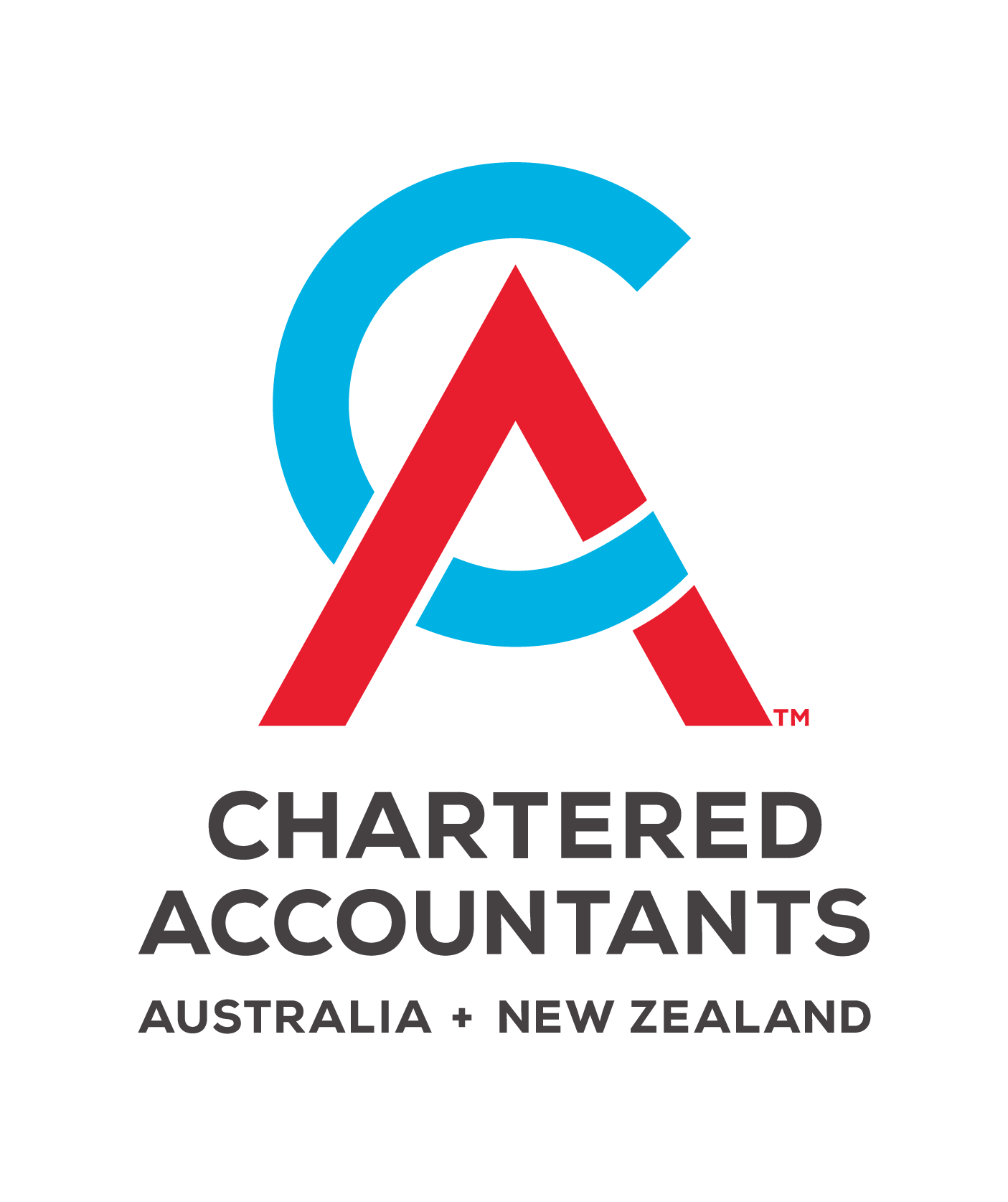GST for Property Development
Applying GST to transactions relating to property development can be difficult at the best of times. "Am I in business?" or "Do I need to register for GST?" are some of the more common questions that are asked of us. This fact sheet will assist in determining any GST implications on property development-related transactions.
Enterprise
The most important question when considering whether a property development-related transaction is subject to the treatment of GST - “are you carrying on an enterprise?”
If the answer is no, all transactions will be capital in nature and GST will not apply. If it is established that an enterprise is in fact in existence, GST may apply.
Determining what an enterprise is can be a complex question and one which could have far-reaching consequences if the correct path is not taken. An enterprise can mean an activity or series of activities done in the form of a business, trade, profession, vocation or calling. The following is a list of indicators to help determine whether the activity does or does not constitute an enterprise:
Enterprise
- Significant commercial activity
- Purpose and intention for the property at purchase.
- Repetition of the activity.
- Level of organisation.
- Profitability of the activity.
- Borrowing of funds to finance the acquisition or subdivision.
- Activity is carried on in a businesslike manner.
No Enterprise
- Private residence.
- Transactions relating to long-term investment rental property.
- Holiday home
Isolated transactions can also be caught under this umbrella, where the ATO will consider that an enterprise is being carried on if several of the above indicators are present. Given the nature of property transactions we recommend discussing your situation with your advisor prior to proceeding with any property development.
What are the tax implications?
GST Registration
Having established that an enterprise exists, the requirement to register for GST is determined according to GST turnover. The threshold for registration is turnover of $75,000 or more per year.
What types of property are affected?
The type of property involved in the transaction can make a difference to the GST treatment. The most common types of properties are as follows:
New Residential
New residential premises are those that have not previously been sold as residential premises or have not previously been subject to a long-term lease. Examples include where a developer builds and sells a new home or demolishes existing residences and replaces them with new ones. A new home that has been rented for a period of less than five years since being built can also be classified as a new residential premises. Sales of these new residential premises are subject to GST and credits can be claimed for any related purchases you make (subject to the normal rules on GST credits).

Commercial Residential
Commercial residential premises include hotels, motels, inns, hostels, boarding houses, caravan parks and camping grounds. Retirement villages are specifically excluded as commercial residential premises for GST purposes. When you sell a commercial residential premises, you’re generally liable for GST on the sale price. However, you can claim GST credits for costs in relation to the sale of commercial residential premises, and on the original cost you purchased it for, in specific circumstances.
Commercial
A sale of commercial premises located in Australia are generally subject to GST. An exemption may be available if sold with a business as a going concern.
Sale of Subdivided or Vacant Land
You may have GST obligations and entitlements if you subdivide and sell land, or sell vacant land with the intention of making a profit and in the course of carrying on a business or as a business or commercial transaction. Even with a one-off transaction, you may still be required to register for GST because your one-off property transaction may have the characteristics of a business transaction. You don't need to be in business for this tax treatment to apply – it's enough that there is a profit motive and the transaction has the character of a business operation or commercial transaction.
Residential Premises
Generally, the sale of residential premises that are not new is an input taxed transaction, if the premises is real property to be used predominantly for residential purposes. This means that no GST is payable and input tax credits for acquisitions relating to the sale are not available. However, the exception to this rule is that if you buy property – old or new - with the intention of selling at a profit or developing to sell, you may be considered to be carrying on an enterprise and may therefore be required to register for GST.
What is the GST Margin Scheme?
The margin scheme is a way of calculating the GST you must pay when you sell the property as part of your business.
In principle, the margin is the GST inclusive sales price, less the original purchase price, where GST is calculated as 1/11th of the margin.
The margin scheme can be used if the sale of the property is taxable, and -
- You purchased the property as an existing residential premises
- The property was purchased from individuals or entities that were not registered or required to be registered for GST
- You purchased the property as part of a GST-free going concern, or
- You originally purchased property where the margin scheme was applied to the sale
If you purchased the property before 1 July 2000, there may also be options to include the sale under the GST margin scheme, however the margin scheme cannot be used if you were charged the full rate of GST when your originally purchased the property.
There are strict guidelines requiring there to be a written agreement between the vendor and the purchaser, agreeing that the margin scheme would apply, as well as the process of claiming GST credits on development and construction costs. We recommend discussing with your advisor prior to proceeding with any property developments and GST lodgements.
GST Withholding on Settlement
There is a GST withholding requirement for the sale of new residential premises or subdivided land that is potential residential land. This may include sale of new apartments, house and land packages and vacant residential land.
Excluded from withholding requirements are the sale of new commercial residential premises (e.g. hotels and motels), residential premises that have been substantially renovated, land that is currently in use for a commercial purpose and residential land sold to a purchaser registered for GST, for use in their business.
Purchasers will be required to withhold and pay GST directly to the ATO, on or before the settlement date. The rate of withholding is fixed at 1/11th of the contract price, or 7% when the margin scheme applies to the sale. This means the vendor will only ever receive the GST exclusive proceeds from the sale at settlement, with the amount of GST to be credited against the vendors GST liability in the BAS return.
It is important that both sellers and buyers are aware of these rules. Given the nature of these transactions we recommend discussing your situation with your
advisor.
Discuss Further?
If you would like to discuss this, please get in touch.
Disclaimer
The information provided in this information sheet does not constitute advice. The information is of a general nature only and does not take into account your individual situation. It should not be used, relied upon, or treated as a substitute for specific professional advice. We recommend that you contact Brentnalls SA before making any decision to discuss your particular requirements or circumstances.



